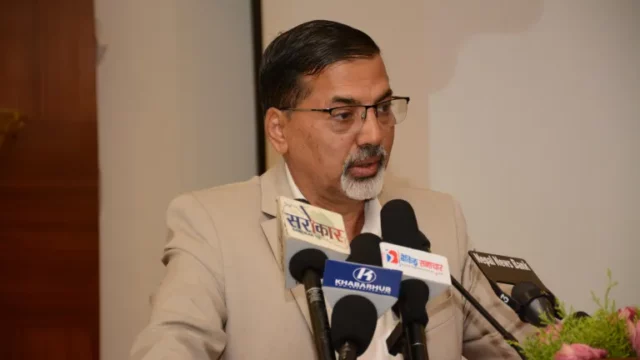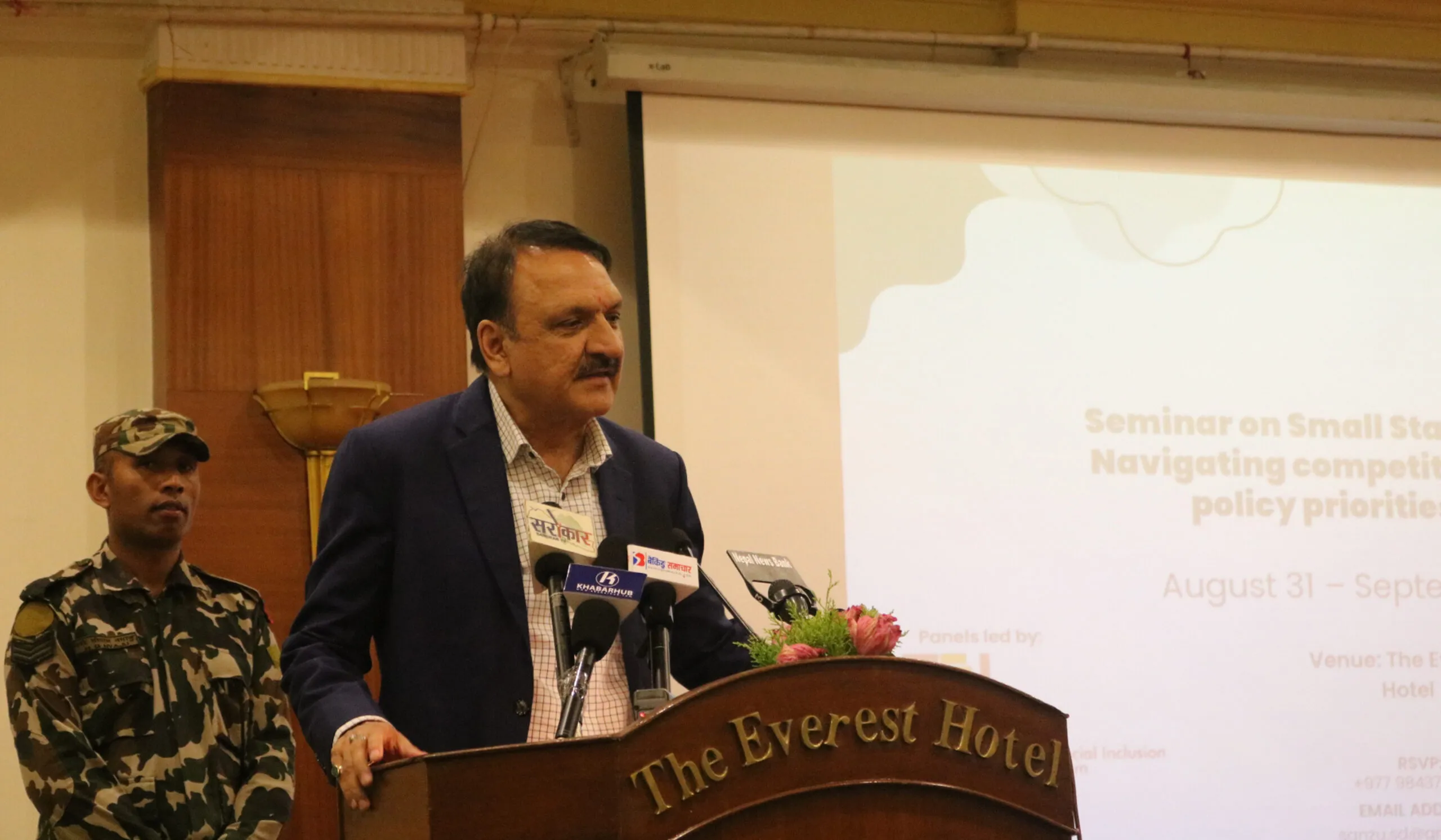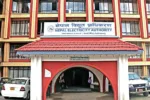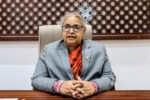KATHMANDU: Finance Minister Dr. Prakash Sharan Mahat reassured that there’s no need to be disheartened about the country’s economy.
Speaking at a symposium on “Capacity of Small Nations: Testing Competition and Priorities of Nepal’s Foreign Policy,” organized by the Institute for Strategic and Socio-Economic Research (ISSR) at Everest Hotel in Naya Baneshwar, Kathmandu on Thursday, Minister Mahat emphasized that despite the challenges posed by the COVID-19 pandemic and global circumstances, there’s reason to remain optimistic.
During the event, he underscored the importance of shaping foreign policy in line with national interests rather than the opinions of other nations.
Dr. Mahat advocated for a foreign policy strategy that aligns with the country’s needs and capabilities.
Disputing the label of Nepal as a small nation, he argued that the country’s geography and population don’t truly reflect its potential and importance.

He pointed out that Nepal’s economic strength has a significant role in how it is perceived on the international stage.
Minister Mahat stated that while there may be hurdles in the economic sector, a mature and well-informed policy approach can unlock positive outcomes.
He urged individuals to guard against negative thoughts, as they can undermine self-confidence.
Emphasizing Nepal’s considerable potential for economic growth and job creation, he encouraged everyone to focus on harnessing these opportunities.
The Finance Minister also emphasized that Nepal’s untapped potential needs to be harnessed to strengthen its economic position.
He asserted that a robust economy would elevate the country’s standing globally. Criticizing pessimism, he called for constructive and optimistic discussions.
Mahat also discussed the promising potential of the second generation of Nepalis abroad and proposed a transformation of ‘brain drain’ into ‘brain gain’ by attracting these skilled individuals back to Nepal.
Regarding infrastructure, Mahat highlighted the necessity of developmental efforts that showcase Nepal and its capabilities, surpassing mere lobbying and advocacy.
He pinpointed industries like tourism, information technology, and agriculture as untapped sources of growth, underlining that infrastructure development is pivotal in this regard. He stressed that international support is crucial for these endeavors.
Similarly, former Finance Minister Surendra Pandey, who also spoke at the event, stressed the importance of friendly countries’ support for Nepal’s development.

He discussed the role of the US in education and healthcare development in Nepal, as well as the mounting internal and external debt.
Pandey advocated for high-quality domestic educational institutions to deter young individuals from seeking education abroad.
He pointed out the challenges in cross-border trade due to taxation policies and expressed concerns about food security.
Similarly, former Finance Minister Janardan Sharma recognized Nepal’s potential for investment and development but lamented the underutilization of resources.
He called for serious commitment to economic development, including structural improvements to mobilize resources.

Sharma discussed the challenges of attracting foreign investment due to rising interest rates and emphasized the need for a balanced and non-aligned foreign policy.
Sharma proposed tapping into Nepal’s abundant resources, especially in tourism, and transforming remittances into meaningful investments.
The event, co-organized by various institutions and supported by the Asia Foundation, also featured discussions led by experts from various fields.









Comment